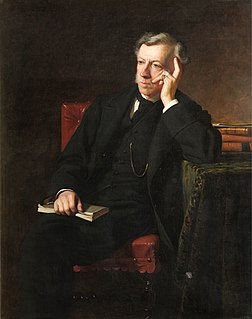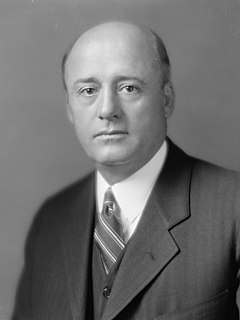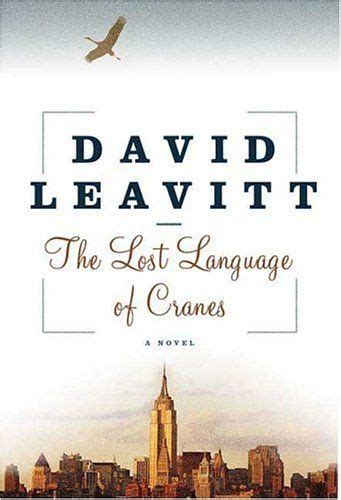A Quote by John Steinbeck
In utter loneliness a writer tries to explain the inexplicable.
Quote Topics
Related Quotes
When the most learned evolutionists can give neither the how nor the why, the marvels seem to show that adaptation is inexplicable. Yet those who cannot explain it will not admit that it is inexplicable. This is a strange situation, only partly ascribable to the rather unscientific conviction that evidence will be found in the future. It is due to a psychological quirk [in the minds of its advocates].



































